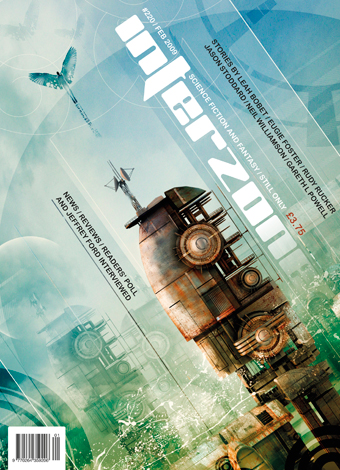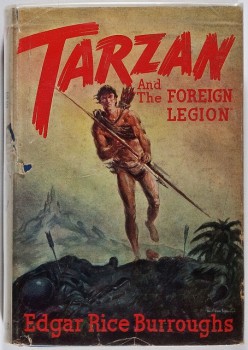 Watchmen (2009)
Watchmen (2009)
Directed by Zack Snyder. Starring Patrick Wilson, Jackie Earle Haley, Billy Crudup, Malin Akerman, Matthew Goode, Jeffrey Dean Morgan, Carla Gugino.
In the 1980s, two graphic novels (ah, I remember when I first heard that term in junior high) changed forever the perception of serial art as a form of literature: The Dark Knight Returns by Frank Miller, and Watchmen by writer Alan Moore and artist Dave Gibbons.
Appropriately enough, less than a year after a film called The Dark Knight (not based on the graphic novel, but showing its influence) helped shift viewer’s perceptions of what sort of movie a comic book hero can appear in, a long-awaited adaptation of Watchmen also hit the screen. We have entered a new era in the comics-to-film genre, and this double-punch will raise the bar for all future movie versions of graphic novels and superhero tales.
A significant difference between The Dark Knight and Watchmen, however, is their relation to the source material. The Dark Knight draws off a character with an enormous history and multiple interpretations, and it uses this variety to create an original story. With Watchmen, the movie has a singular source which fans hold with the same reverence as other people—depending on their orientation—hold the Torah, the New Testament, the Bhagavad-Gita, the Qur’an, Hamlet, The Lord of the Rings, or Atlas Shrugged. (If your name is Rorschach and you wear a constantly shifting inkblot mask, I guarantee it’s Atlas Shrugged.) A Batman film can do many different interpretations, while Watchmen has to adhere to one… with variations for the new medium.
…
Read More Read More

 More snarking and snarling at the expense of the stories nominated for this year’s Nebula Awards, this time directed at those in the “novelette” category.
More snarking and snarling at the expense of the stories nominated for this year’s Nebula Awards, this time directed at those in the “novelette” category. Watchmen (2009)
Watchmen (2009)


 A few years ago, for
A few years ago, for